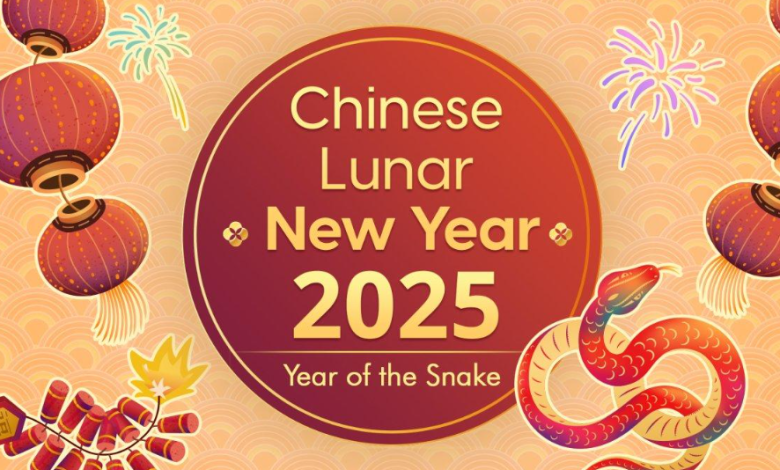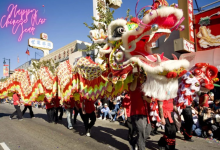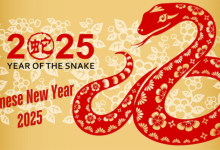9th day of chinese new year 2024- Key Traditions on the 9th Day of Chinese New Year

Chinese New Year, also known as the Lunar New Year or Spring Festival, is one of the most important and widely celebrated festivals in Chinese culture. It spans 15 days of joyous festivities, each with its unique customs and traditions. The 9th day of Chinese New Year 2024 falls on Tuesday, February 20, 2024, and holds special significance, particularly among the Hokkien Chinese community.
Why Is the 9th Day Special?
The 9th day of Chinese New Year is traditionally dedicated to the worship of the Jade Emperor (玉皇大帝), a central figure in Chinese mythology who is regarded as the ruler of Heaven and all realms of existence. Known as Tiangong’s Birthday (天公生), this day is celebrated with grand ceremonies and offerings, especially in southern China and Southeast Asia, where Hokkien communities thrive.
Key Traditions on the 9th Day of Chinese New Year
- Offerings to the Jade Emperor
On this day, families prepare elaborate offerings for the Jade Emperor. These include:- Sugarcane stalks: A symbol of gratitude and prosperity. In Hokkien culture, sugarcane is particularly significant because it is said to have saved their ancestors from danger.
- Fruits, pastries, and tea: These are arranged on altars as symbols of respect and blessings.
- Incense and candles: Lighting incense and candles is a way to honor the deities and ancestors.
- Midnight Ceremonies
The most sacred rituals occur at midnight. Families light incense and kneel in prayer, thanking the Jade Emperor for past blessings and seeking protection and prosperity for the year ahead. Firecrackers are often lit to ward off evil spirits and add to the celebratory atmosphere. - Feasting and Celebrations
Once the prayers are completed, families gather for a feast. The meal often includes:- Dumplings (Jiaozi): Symbolizing wealth and good fortune.
- Roast meats: Such as chicken or pork, offered as part of the ritual and later shared among family members.
- Noodles: Representing longevity and prosperity.
The Legend Behind the Sugarcane Tradition
The use of sugarcane during the 9th day celebration stems from an old Hokkien legend. During the Ming Dynasty, Hokkien ancestors were said to have escaped persecution by hiding in sugarcane fields. When the danger had passed, they credited the Jade Emperor for their safety and began offering sugarcane as a token of gratitude. This story is deeply ingrained in the cultural significance of the 9th day.
Modern-Day Celebrations
In modern times, the 9th day of Chinese New Year continues to be an important occasion, particularly in Malaysia, Singapore, and Taiwan. Communities gather in temples to offer prayers, while fireworks and lion dances create a festive atmosphere. Younger generations participate in these traditions to honor their heritage and keep the culture alive.
How to Celebrate the 9th Day of Chinese New Year in 2024
Whether you’re in a traditional Hokkien household or simply wish to join the celebration, here are some ways to mark the occasion:
- Prepare an altar with offerings like fruits, tea, and incense.
- Learn about the Jade Emperor’s story to understand the cultural significance of the day.
- Visit a temple to participate in communal prayers and ceremonies.
- Spend time with family over a shared meal to honor the spirit of unity and gratitude.
The Spirit of Gratitude and Prosperity
The 9th day of Chinese New Year is a reminder of the importance of gratitude, family unity, and cultural heritage. As we celebrate Tiangong’s Birthday in 2024, may the blessings of the Jade Emperor bring peace, prosperity, and happiness to all.









